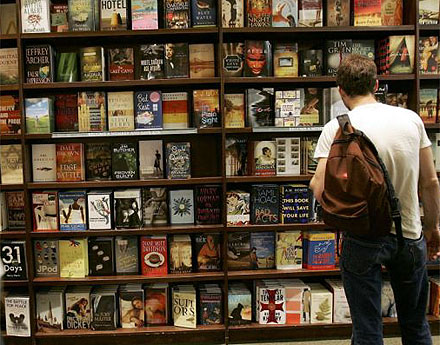It’s important to address the realities of book marketing immediately.

Unless you are a blockbusting author, or very famous for doing something else and your book is the by-product of another career, the marketing of your book will almost certainly not rely on the spending of large amounts of cash.
Why is this?
Because books have low purchase prices and sell in relatively small quantities, so whereas a car manufacturer can safely allocate 2-5 per cent of anticipated turnover to the promotion of a new vehicle, the potential income is much greater than from a new novel that sells 15,000 copies in paperback (which, incidentally, is pretty good going).
Be prepared
Most of the marketing for books depends on regular and well-trusted mechanisms of informing the relevant stockists who will take the book, and strong pursuit of free publicity from the media who may cover it.
Rather than describing how marketing plans are formulated, I am going to concentrate on the points of contact between authors and publishers – the stages at which they may consult you, and what you need to do in return.
Points of contact between the author and the publisher:
- An entry in the house database
- The author’s publicity form
- Websites, cover blurbs and catalogues
- Presentations
- Promotional materials, leaflets and flyers
- Direct marketing
- Advertising (trade, press and billboards)
- Promotions, PR and merchandising
Most of the points of contact are routine procedures (those only relevant to books for which there are particularly high expectations are described as such).
If you found this article useful, you might want to take a look at:
Comments